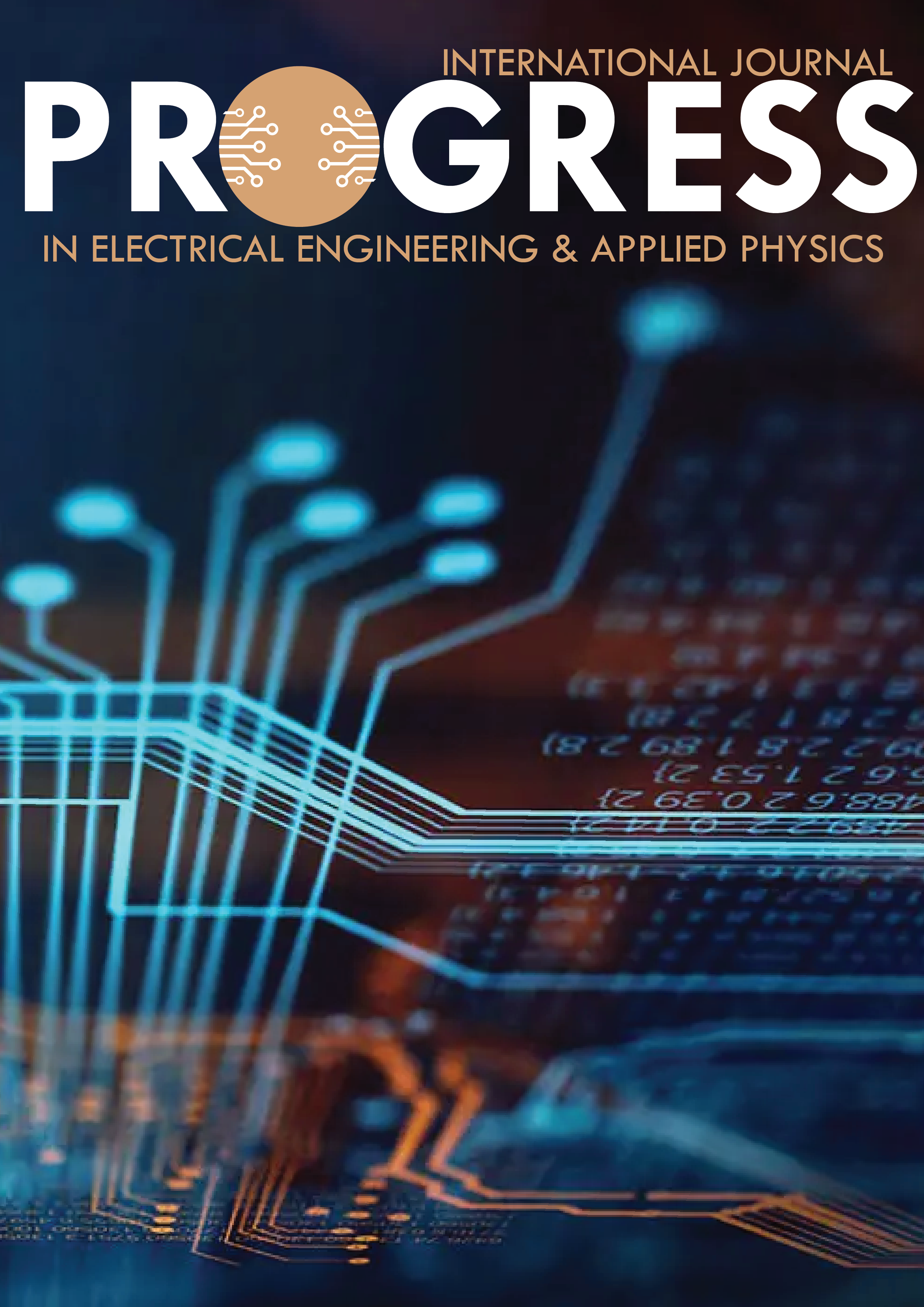Enhancing Personalized Learning And Sustainable Education Using Ai: A Systematic Review
DOI:
https://doi.org/10.5281/Keywords:
Artificial Intelligence, school curriculum, teaching and learning, Learning for the Sustainability of Education Management System,, Feature Engineering in Education, Predictive AnalyticsAbstract
The integration of artificial intelligence (AI) into education represents a paradigm shift, transforming traditional teaching and learning practices. AI technologies, such as adaptive learning systems, automated assessments, and intelligent tutoring, offer unprecedented opportunities for enhancing educational outcomes. However, despite its promise, the education sector faces challenges, including inefficiencies, skill gaps, and the persistent issue of low literacy rates, which require innovative solutions. Indeed, AI tools is used in education to enhance critical thinking and problem-solving skills among students, to automate routine tasks, enabling educators to focus on pedagogy, to identify areas for improvement through advanced analytics, to feature engineering refines datasets and to enhance the performance of predictive models. Previous research highlights the effectiveness of machine learning algorithms in educational contexts. However, challenges like data biases, algorithmic fairness, and ethical considerations must be addressed to maximize AI’s potential in education. This paper provides a comprehensive overview of the use of artificial intelligence (AI) in education, exploring its transformative potential to enhance teaching and learning processes. It delves into various applications of AI, such teaching and learning, Learning for the Sustainability of Education Management System, and Feature Engineering in Education which cater to individual student needs and learning styles. Furthermore, it addresses the challenges and ethical considerations associated with AI integration in education, including data privacy, algorithmic bias, and the digital divide. By analyzing current trends, potential benefits, and obstacles, this paper aims to provide educators, policymakers, and researchers with a holistic understanding of how AI is shaping the future of education and how it can be effectively leveraged to achieve equitable and high-quality learning outcomesDownloads
Published
2025-01-14
Issue
Section
Articles
How to Cite
Enhancing Personalized Learning And Sustainable Education Using Ai: A Systematic Review. (2025). Progress in Electrical Engineering and Applied Physics, 2(3), 1-19. https://doi.org/10.5281/



